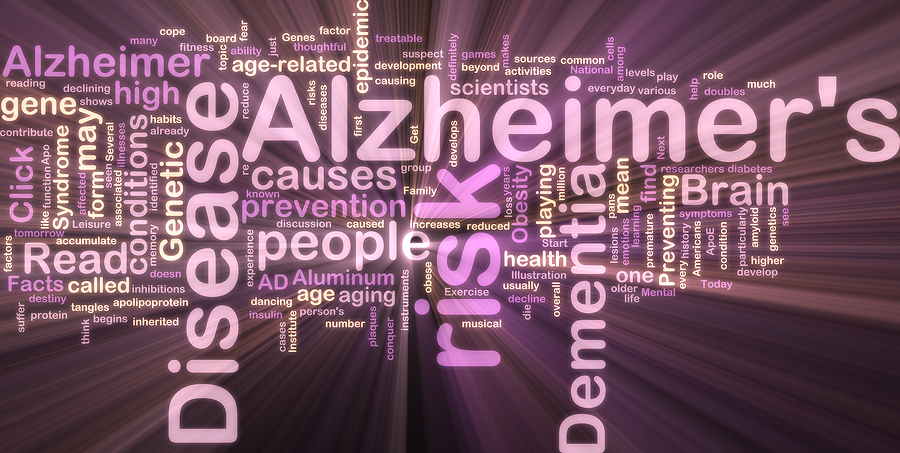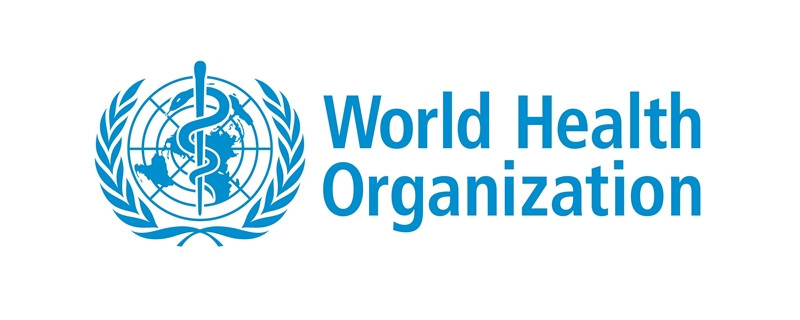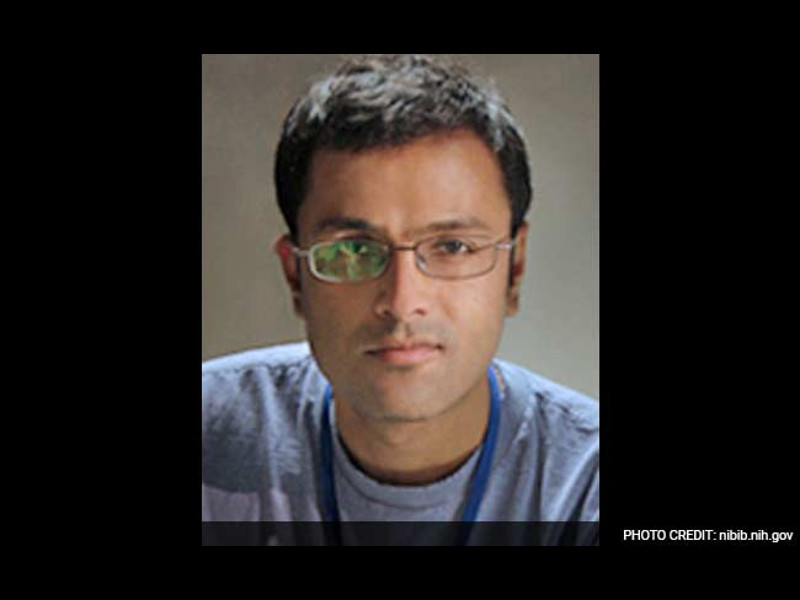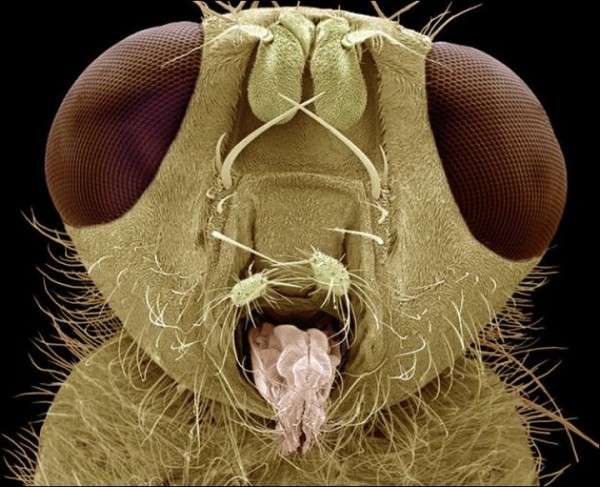
 With increasing life expectancy and well equipped medical services in the next few years India is expected to show a dramatic rise in the above 60 years of age population and with it the number of old age health related issues. Is Indias healthcare system prepared to handle this spectacular shift that will bring with it an increased load of diseases like Alzheimer? The health care system and the government need to start working on a long term plan to address these issues urgently.
With increasing life expectancy and well equipped medical services in the next few years India is expected to show a dramatic rise in the above 60 years of age population and with it the number of old age health related issues. Is Indias healthcare system prepared to handle this spectacular shift that will bring with it an increased load of diseases like Alzheimer? The health care system and the government need to start working on a long term plan to address these issues urgently.

Dementia is the term used for referring to memory loss and other intellectual disabilities that usually occur in old age. Alzheimers is the most common form of dementia. One of the most common signs of Alzheimers, especially in the early stages, is forgetting recently learned information. Others include forgetting important dates or events; asking for the same information over and over; relying on memory aides (e.g., reminder notes or electronic devices) or family members for things they used to handle on their own. What’s typical? Sometimes forgetting names or appointments, but remembering them later, says Dr. Vivek Kumar, Associate Director Neurology, Max Hospital Patparganj.
The total number of people with dementia worldwide in 2010 was estimated at 35.6 million and is projected to nearly double every 20 years, to 65.7 million in 2030 and 115.4 million in 2050. The total number of new cases of dementia each year worldwide is nearly 7.7 million, implying one new case every four seconds.
However, despite of the knowledge about the increasing number of Alzheimers cases, the preparation and action is least to position ourselves to be equipped for the approaching health issues. Institutional help care from the family, proper knowledge about the disease and proper diagnose for the patients is still a question. Awareness regarding risk factors and steps to mitigate them also remain awfully low.

As we observe World Alzheimers Day on September 21, Doctors at Max Hospital Patparganj, department of Neuroscience conduct health talks on Alzheimers Disease involving middle aged and elderly population of neighboring areas, educating people on the disease, its symptoms, the need to identify them early, the prevention and also advising people to lead a healthy lifestyle which will delay the process of and symptoms of this disease.
With growing life expectancy, India is adding more and more elderly people to its population. And the numbers of Alzheimers are increasing. In last one year 30 to 35 cases were suspected cases of Alzheimers. Its a common thinking that memory loss after a certain age is an effect of Dementia is not a normal part of aging as many people believe. It is a neurological disorder and it has a varied set of symptoms. Challenges in planning or solving problems. Some people may experience changes in their ability to develop and follow a plan or work with numbers.
They may have trouble following a familiar recipe or keeping track of monthly bills. They may have difficulty concentrating and take much longer to do things than they did before adds Dr. There is no definitive evidence yet about what can prevent Alzheimers or age-related cognitive decline, many scientists and experts are of the opinion that its risk can be lowered by following healthy lifestyles. Among the factors that account for a brain healthy lifestyle are regular exercise, activities that stimulate the brain and a nutritious diet. People suffering from Diabetes type 2 and hypertension are thought to be more prone to the disease. It is therefore vital to ensure proper management of these diseases.
Degenerative brain diseases cannot be reversed, but with effective intervention and symptomatic treatment it is possible to delay its progress and prevent further deterioration in the condition of the patient. For this, it is important for the signs to be identified and properly diagnosed and taken proper care of when they are still on their starting phase. There is also an urgent need for the Family not to take these symptoms as simple aging issues but to treat them
Doctors suggest to the following steps to delay the process:
- Exercise regularly
- Eat a healthy diet rich in fruits and vegetables
- Engage in social and intellectually stimulating activities
- Control type 2 diabetes
- Lower high blood pressure levels
- Lower high blood cholesterol levels
- Maintain a healthy weight
- Stop smoking
- Get treatment for depression
- And supportive family is very essential
The article is contributed by Dr. Vivek Kumar, Associate Director Neurology,Max Super Specialty Hospital Patparganj, New Delhi
Be a part of Elets Collaborative Initiatives. Join Us for Upcoming Events and explore business opportunities. Like us on Facebook , connect with us on LinkedIn and follow us on Twitter , Instagram.












